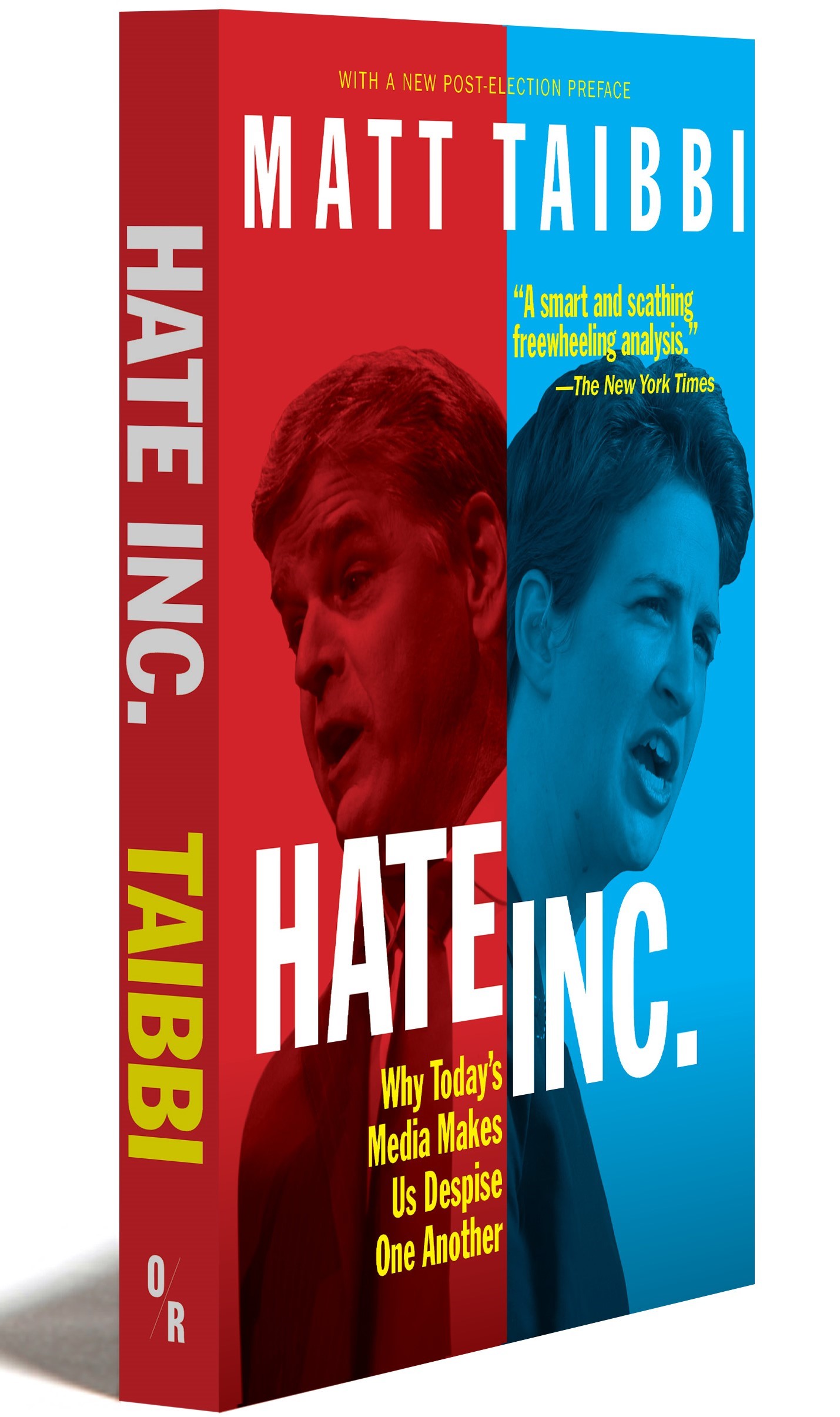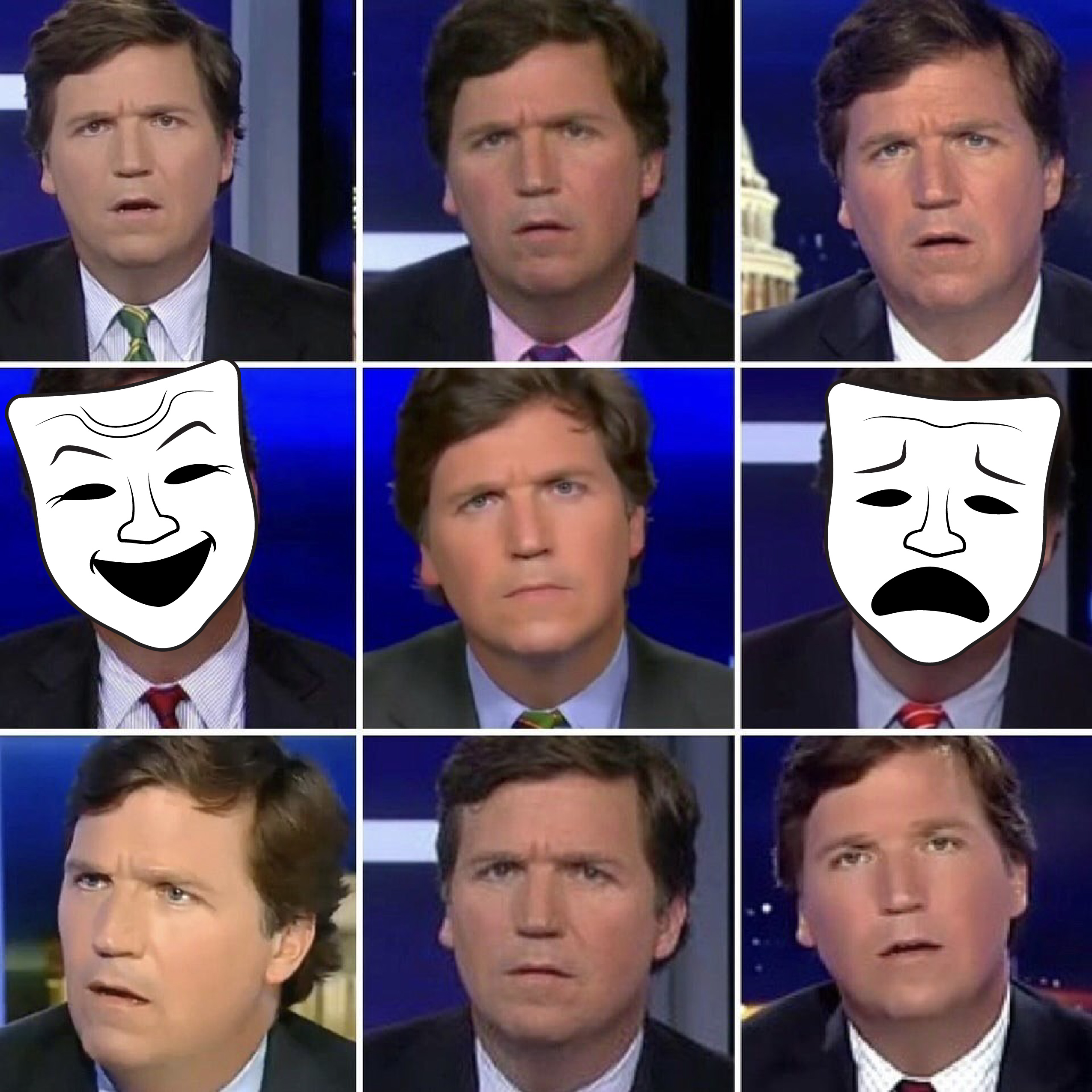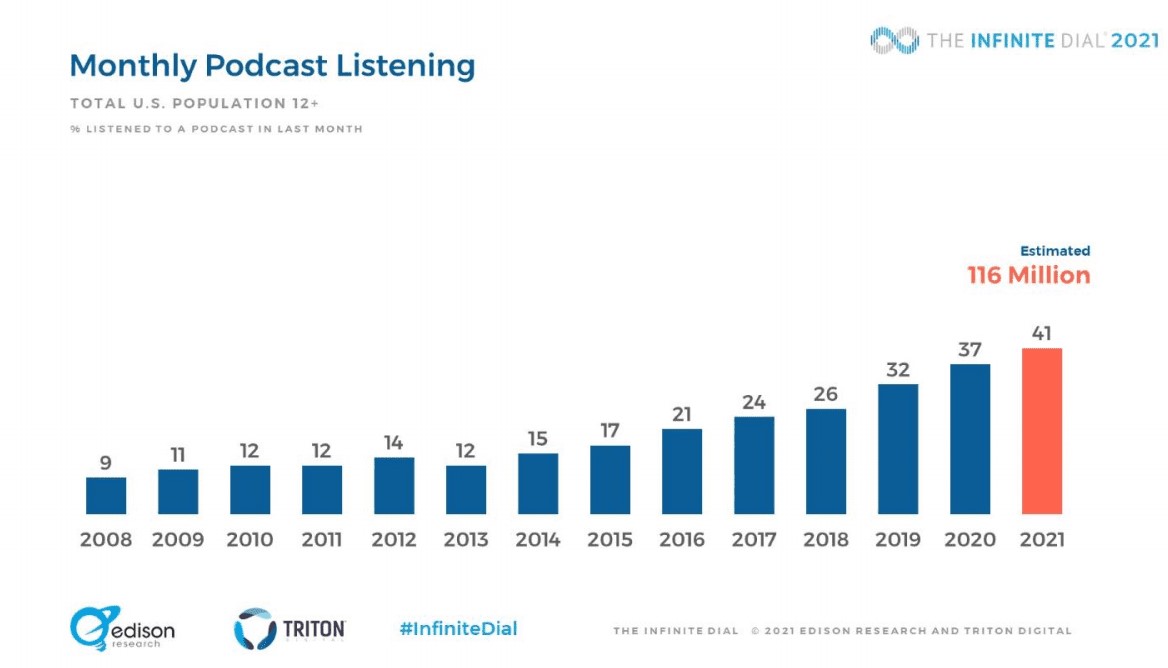
In the Vicious Competition for Eyeballs, Could Humor Bring Objectivity Back into Our News Media?

Note: The main point of this post is to identify the economic incentives within the news industry and examine how they have caused immense societal stress in recent years. My solution is one that I have been thinking about lately but don’t necessarily have faith in as a foolproof plan. I’m not willing to die on the hill of suggesting that Kevin Hart should anchor for CNN although it certainly is fun to think about.
The brazen partisan divide in our nation’s media should be apparent to anyone who has seen an internet comments section lately. Truly, people seem to be living in two separate versions of reality with unique heroes, villains and crises depending on which outlet they tune into. Watching cable news regularly can make it feel as if Democrats and Republicans are engaged in a constant war to determine the fate of our democracy. And you can do your part by… stealing your neighbor’s lawn sign? The truth: most political squabbles are not that serious and it is irresponsible for commentators to suggest otherwise. In fact, 54% of Americans (majorities in both parties) now believe that the greatest threat to the American way of life comes from other people in this country, showing that the real crisis is polarization itself. Attempting to see past the partisan war can prompt criticism that you do not care enough for your ‘side’, but it is important to take a step back and ask, who benefits from this division?
The US news industry operates under a different set of circumstances than it did in years past. Aside from the normal corrupting influences (like Jeff Bezos owning the Washington Post), modern publications also face the cutthroat ‘competition for eyeballs’ that has defined the age of social media. News corporations have always been incentivized to focus their coverage on stories that make the most money, but in a world where people are free to spread their attention across a vast digital landscape, nothing generates clicks like outrage. This is why stoking partisan hatred has become an accepted business strategy. Delivering the facts straight up doesn’t draw in viewers like it used to; now it’s all about preying on emotion.
The past 4 years have been a great illustration of this concept. Trump’s entrance into the political arena provided a revenue boost to cable and print media delivered on a tacky gold platter. News outlets made a gamble at this point. The former president was obviously a very polarizing figure by himself, but certain publications leaned into that polarization to keep audiences hooked. Now that the Trump sugar high has died down, news consumption has fallen off a cliff. While journalists pick up the pieces, we will have to wait to see how the industry adapts to engage an increasingly divided populace.
Before laying out my proposal for change, I want to underscore the purpose of independent media in our society. At the most basic level, news outlets should help people become aware of what’s going on around them so they can make informed decisions. We need somebody to provide clarity amongst the chaos of modern-day life. To this end, the press can bring attention to problems, chip away at people’s biases, and reveal the (often uncomfortable) truth. Matt Taibbi explains in his book Hate Inc. that, “The best news stories take issues and find a way to make readers think hard about them, especially inviting them to consider how they themselves contribute to the problem”. Furthermore, journalists have the unique ability to call out abuses of power – by politicians and corporations alike. We owe thanks to reporters for uncovering scandals like Watergate, Jeffrey Epstein, and Joe Biden’s less-than-house-trained dog. Acting independently and objectively is therefore of critical importance.
Unfortunately, objectivity is hard to come by under the current system. It’s not that the news we’re shown is “fake”; rather, the problem lies in what doesn’t get covered. For one thing, partisan media is seemingly devoid of self-critique. We may scoff at Chinese censorship but many Americans who only trust one side’s reporting are effectively shielded from criticisms of their own views. This is another result from the pursuit of profits by media corporations. These organizations frequently avoid publishing introspective content out of fear that audiences will turn to different sources when their beliefs are challenged – not an unreasonable concern. When Fox News was forced to dispute Trump’s election fraud claims, it fell victim to the same monster it helped create, as viewers, who were told for months that his victory was essential, fled to other networks that would support the allegations. The irony in all this is that if you truly want to see one party emerge victorious, you should be most interested in hearing honest criticism of that party’s politics.
 Dipping into conspiracy theorist waters, a more sinister consequence of polarization is that it distracts people from larger societal problems that are often bipartisan. Teams of editors at mainstream publications select the stories that will reach the public, and there is a simple cost-benefit analysis that informs these decisions: assessing which articles will bring in revenues versus which will bring backlash from elites. In this regard, investigating systemic problems perpetuated by the rich and powerful is risky. It’s far easier to go after the little guy.
This means that the newest crazy Karen at Starbucks is more likely to make headlines than any workers strike among the baristas. An additional outcome of this calculation is that audiences are trained to care about what people say rather than what they do. Stories denouncing Donald Trump’s tweets could be pumped out at rapid pace and spread like wildfire, whereas scrutiny of his elite-friendly policies required much more effort because many Democrats are guilty of the same thing!
Dipping into conspiracy theorist waters, a more sinister consequence of polarization is that it distracts people from larger societal problems that are often bipartisan. Teams of editors at mainstream publications select the stories that will reach the public, and there is a simple cost-benefit analysis that informs these decisions: assessing which articles will bring in revenues versus which will bring backlash from elites. In this regard, investigating systemic problems perpetuated by the rich and powerful is risky. It’s far easier to go after the little guy.
This means that the newest crazy Karen at Starbucks is more likely to make headlines than any workers strike among the baristas. An additional outcome of this calculation is that audiences are trained to care about what people say rather than what they do. Stories denouncing Donald Trump’s tweets could be pumped out at rapid pace and spread like wildfire, whereas scrutiny of his elite-friendly policies required much more effort because many Democrats are guilty of the same thing!
Polarization has truly distanced us from reality. People should want to hear about bipartisan crises like economic inequality, environmental degradation, and mass incarceration. But audiences might shy away from such vexing topics. Conversely, content that blames all of society’s problems on the other ‘side’ is easy to produce, doesn’t inspire self-reflection, and is wildly addicting. As a result, we spend more time glued to our phones but receive less of the information we need.
Although things seem grim, Trump’s departure from politics may present the perfect opportunity to rethink the news. With Americans clearly expressing fatigue with legacy media, many outlets urgently need to innovate. Perhaps they would gain an edge in the competition for eyeballs by striking a more humorous tone. This way, publications could hold people’s attention and report on complex issues without having to devolve into partisan hackery. After all, part of a comedian’s job is to make boring stuff entertaining.
This certainly isn’t a new concept. Comedians like Hasan Minhaj, John Oliver, and Jon Stewart have been blending jokes with journalism for years. Unfortunately… most political comedy sucks nowadays. In the age of Trump, late night hosts became exceptionally lazy, desperate for the next dead horse to beat. Their takes are so predictable that you’d be forgiven for mistaking them for another arm of the Democratic party’s communications team.
What I hope to see is not more comedians trying to emulate the news; instead, I believe the news has something to learn from comics. While much of the criticism surrounding Joe Rogan is valid, it’s silly to ignore his rise to cultural significance. There is a good reason why more and more people are tuning into podcasts like his to get informed: online channels can offer fresh, honest perspectives. As the campaigns of Donald Trump and Andrew Yang have shown, the public has a voracious appetite for ‘outsiders’ in our institutions. Correspondingly, some of the most popular podcasts are produced independently and have cultivated broad support across the political spectrum.

Source: thepodcasthost.com
It’s tiresome to watch political commentators repeatedly insist that one party has all the answers, and quite frankly, it’s embarrassing.
Brian Kilmeade to a 6th grader who said he doubted if Trump could handle reopening well: "Really? That's hard to believe. Because the last president was saying I want every kid back in school." pic.twitter.com/5USXBhAnBU
— Bobby Lewis (@revrrlewis) May 5, 2021
Possibly the greatest benefit of using humor to deliver the news is that a comedian’s success comes from having unpredictable yet authentic takes. This makes it advantageous to call out both parties on their BS. Fortunately also, most Americans hold beliefs that align partially with Democrats and partially with Republicans. Pandering to one side doesn’t make financial sense when you have enough finesse to appeal to the majority.
A glaring problem with this scheme is a potential lack of journalistic integrity. One solution is to rely on interviews with experts. The best compliment I’ve heard of the JRE Podcast is that it lets audiences listen to professionals at the top of their fields get asked all the questions that an average Joe would want to know. A recent episode on the coronavirus origin story demonstrated the power of this format. Also not for nothing, Chris Cuomo and Sean Hannity are both morons who regularly skirt journalistic integrity, so who’s to say that podcasts are a step down from what we currently have. Cable news carnies act like they know everything to maintain their own credibility as ‘experts’, and when in doubt, they fill in the unknowns with blame for the other side. But truthfully, society’s problems are so complex that even real experts can’t agree on basic questions like which direction economics trickles. Ethical reporting should address both sides of an issue and admit when there’s ambiguity. To Joe Rogan’s credit, he constantly reaches across the aisle, and listeners respect him for it (plus, he’s given us some great media fails on the right).
More generally, my hope is that the news media can provide a broad picture of reality – not a narrow partisan one. As outlets search for new ways to attract audiences, for the health of our democracy, they would do well to scrap the model where commentators all stick to the same message and compete to be the most outraged at the other side. Instead, these organizations should strive to tell the important stories of the day in the most honest and engaging fashion.
After the murder of George Floyd, America experienced a groundswell of motivation to confront systemic racism. Many people genuinely wanted to face the uncomfortable truth in this case but struggled to make sense of it all. Amidst the anger and confusion, I noticed one comedian who was able to perfectly capture the complexity of that moment:
The full monologue is on IGTV
It may seem inappropriate to joke about such serious issues, but if humor can convince viewers to step back and think logically rather than emotionally, perhaps it has some utility. Journalism need not be an authoritative exercise in preaching how the world ought to be run. People should be encouraged to think for themselves. Maybe then we’ll realize that we all have more in common than originally thought.